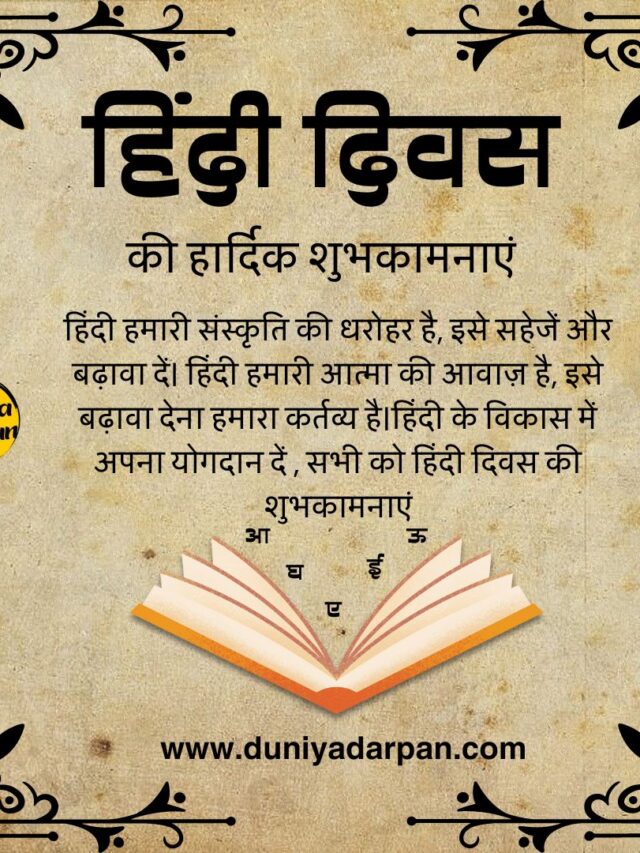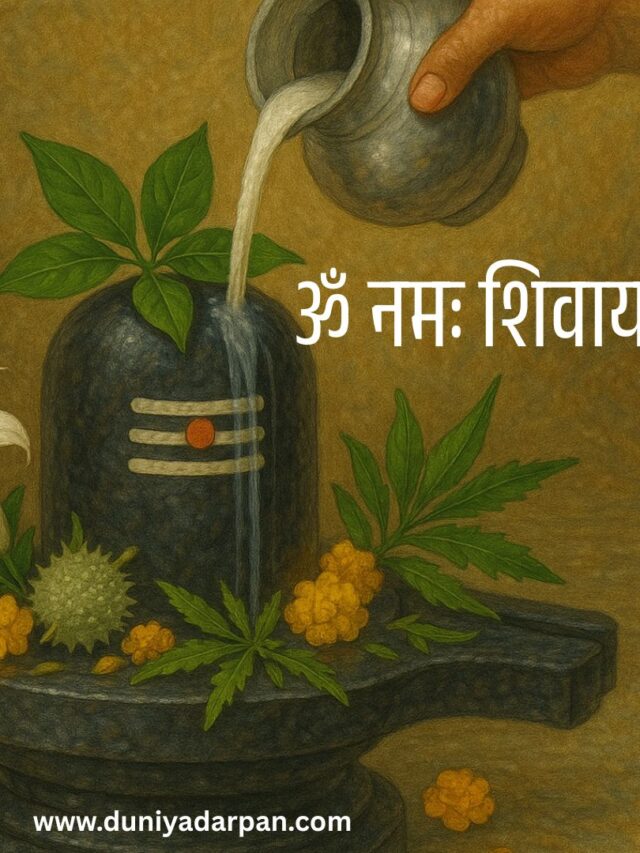श्रावण में धार्मिक क्रियाएँ, त्योहारों की भरमार
(Shravan)श्रावण के महीने में भक्तगण व्रत, पूजा, भजन-कीर्तन और मंदिर दर्शन जैसे धार्मिक कार्यों में लीन रहते हैं। माना जाता है कि इन धार्मिक क्रियाओं से शरीर और मन दोनों की शुद्धि होती है और ईश्वर से जुड़ाव गहरा होता है। बहुत से लोग इस महीने में मांसाहार, नशे और अन्य बुरे कार्यों से दूर रहते हैं।
श्रावण का महीना त्योहारों से भरपूर होता है। रक्षाबंधन, नाग पंचमी, जन्माष्टमी जैसे प्रमुख त्योहार इसी महीने में आते हैं। इसलिए यह महीना उत्सव और खुशियों का प्रतीक बन जाता है। परिवार, समाज और धर्म के बीच सामंजस्य इस महीने में बहुत गहराता है।
श्रावण (Shravan)सोमवार व्रत और पूजा का महत्व और आध्यात्मिक लाभ
(Shravan)श्रावण सोमवार यानी श्रावण महीने के हर सोमवार का विशेष महत्व होता है। सोमवार भगवान शिव को समर्पित दिन माना गया है और श्रावण में इसका विशेष प्रभाव होता है। श्रावण के हर सोमवार को भक्त भगवान शिव का व्रत रखते हैं। यह व्रत विशेष रूप से मनोकामना पूर्ति, मानसिक शांति और जीवन की बाधाओं को दूर करने के लिए रखा जाता है। शिवलिंग पर जल, बेलपत्र, दूध, शहद आदि चढ़ाकर पूजा की जाती है।
व्रत रखने से न केवल शरीर की शुद्धि होती है, बल्कि आत्मा भी शांत और केंद्रित होती है। इससे भक्त भगवान शिव के और करीब आ जाते हैं और उन्हें एक विशेष आत्मिक अनुभव होता है।
शिव और पार्वती की कथा और शिव तत्व को समझना
पौराणिक कथाओं के अनुसार, श्रावण (Shravan)वही महीना है जब माता पार्वती ने घोर तप करके भगवान शिव को प्रसन्न किया और शिव ने उन्हें पत्नी रूप में स्वीकार किया। इसलिए श्रावण और खासकर उसके सोमवार, शिव-पार्वती के मिलन का प्रतीक माने जाते हैं। यह प्रेम, समर्पण और तप का प्रतीक है।
‘शिव तत्व’ का मतलब भगवान शिव के उस गूढ़ सिद्धांत से है, जो सिर्फ पूजा तक सीमित नहीं बल्कि गहरे दर्शन और आत्मिक ज्ञान को दर्शाता है।
भगवान शिव जीवन-मृत्यु, सृजन-विनाश, नर-नारी शक्ति जैसे सभी विरोधाभासी तत्वों का संतुलन हैं। वे हमें सिखाते हैं कि जीवन में हर चीज का संतुलन जरूरी है — यही ब्रह्मांड का नियम है।भगवान शिव भक्तों के प्रति अत्यंत करुणामयी हैं लेकिन साथ ही वे संसारिक चीजों से पूरी तरह विरक्त भी हैं। यह हमें सिखाता है कि जीवन में करुणावान बनो लेकिन मोह-माया से मुक्त रहो।






